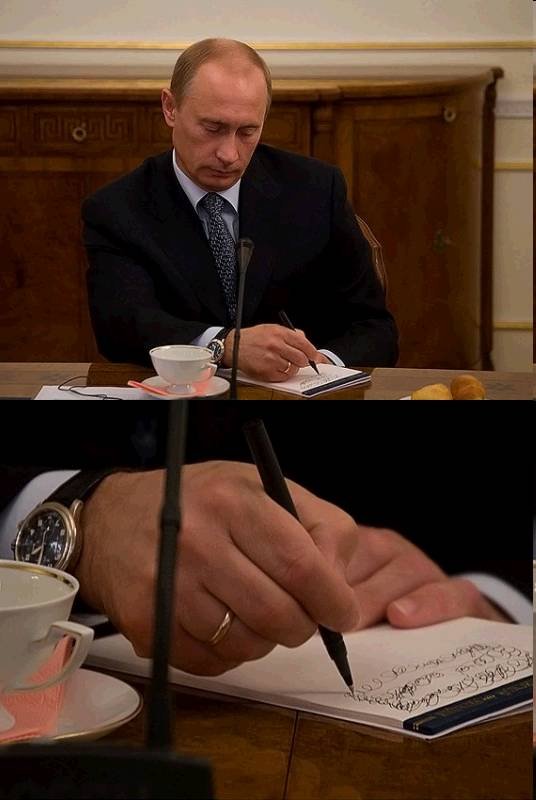I read with interest that the SIS keeps a file on Jane Kelsey, apparently dating back almost 20 years. I am not a close friend of Jane but  know both her academic and activist work as well as some of her arguments with the SIS and Privacy Commission about her file (which will not be released to her, even in redacted form). Jane apparently came to the attention of the SIS because she was part of a Filipino solidarity group in the early 1990s and later because of her anti-APEC and anti-neoliberal activities (both of which have subsequently been vindicated in fact). I admire Jane because she is a person of conviction, and because she is staunch in the face of official intimidation. Deborah Manning is another such person. Were that there be many others of such character in New Zealand, but alas, especially amongst the male population, there are comparatively few in my estimation.
Putting aside the gender implications of Kiwi bullying and cowardice, the bottom line is as follows: the SIS is either lying or stonewalling on what Jane Kelsey’s file contains, and the so-called Privacy Commissioner is either an SIS toady or hopelessly ignorant of the issues at stake. Either way, this is another blow against Kiwi democracy. Truth be told,  the demolition of Kiwi civil liberties–particularly the right to privacy–was accentuated rather than diminished under  the Fifth Labour government, something the Key regime has happily continued.
If Jane Kelsey is a national security threat than I am Osama bin Laden, Anita is Ayman al-Zawahiri and Lew is, well…Lew.  We are all accomplices in critiquing the way NZ governments’ operate. If Jane has a file, then anyone who has voiced a public opinion against the government  could have a file. That is because for the last decade or so, dissent has been incrementally criminalised, and the definition of criminality is left to the government of the moment and its sycophants in the security bureaucracy. Hence anything oppositional can be grounds for snooping. That is how the SIS justifies its existence. Just ask Tame Iti or Valerie Morse.
Remember this small fact: being a pain in the rear of the security apparatus because of one’s vocal criticism of government policy, or being a critic of the SIS or the Police itself, does not constitute a threat to national security per se. If it does, that is all the more reason for the SIS or Police to release the evidence justifying claims that is the case. In Jane Kelsey’s case, her requests for release of her file have been met with bureaucratic obfuscation rather than transparency even though the SIS has all but admitted that nothing she has done constitutes a threat to national security. So, one might ask, why the obstruction on “national security grounds?” Although I have an idea why the SIS and Privacy Commissioner are hiding behind the skirt of “national security,” there are broader issues for civil liberties at stake that are worth considering here.
With that in mind I urge any reader who has expressed a dissonant, much  less dissident voice with regards to the way the NZ government and its security agencies operate, to make an official request for  your files. That is because it turns out the the extent of domestic espionage is far beyond what most Kiwis expect to be reasonable, and the SIS is utterly unaccountable for doing so. By this I mean that any dissident, right or left wing, is a potential target of covert monitoring and thus has a probable reason to make an OIA claim. I do not mean just the fringes of the Left-Right continuum, but anything in between: if you piss off the government of the moment or attack the SIS /Police on ethical or practical grounds, you can well be subject to “investigation” on the grounds that you constitute a threat to national security. It is all justified by the empowering legislation that was passed in  the last 15 years, including clauses that justify spying on New Zealand citizens who constitute “threats to  economic security” (which means that anyone opposed to governmental macroeconomic policy might as well be Osama in the opinion of the SIS). So, because she opposes neoliberalism and the APEC “free trade” doctrine, Jane Kelsey is the economic equivalent of a jihadi as far as the SIS is concerned.
That having been said, ask and you shall not receive. If Jane’s campaign is any indication, these  taxpayer-funded security bludgers feel no need to answer the silly requests of the people who pay their salaries. But should you insist, the SIS can be contacted www.nzsis.govt.nz.
Remember that you have to make an OIA (Official Information Act) request, and you should be as precise as possible when specifying the activities that you consider would have “warranted” SIS opening a file on you (of course, even asking that question could “warrant” the SIS opening a file on you).
Please ask Director Warren Tucker for a personal response in your OIA, and tell him that “Pablo” sent you. He knows who I am.
PS: The post has been updated twice to correct typos and clarify some sentences.

